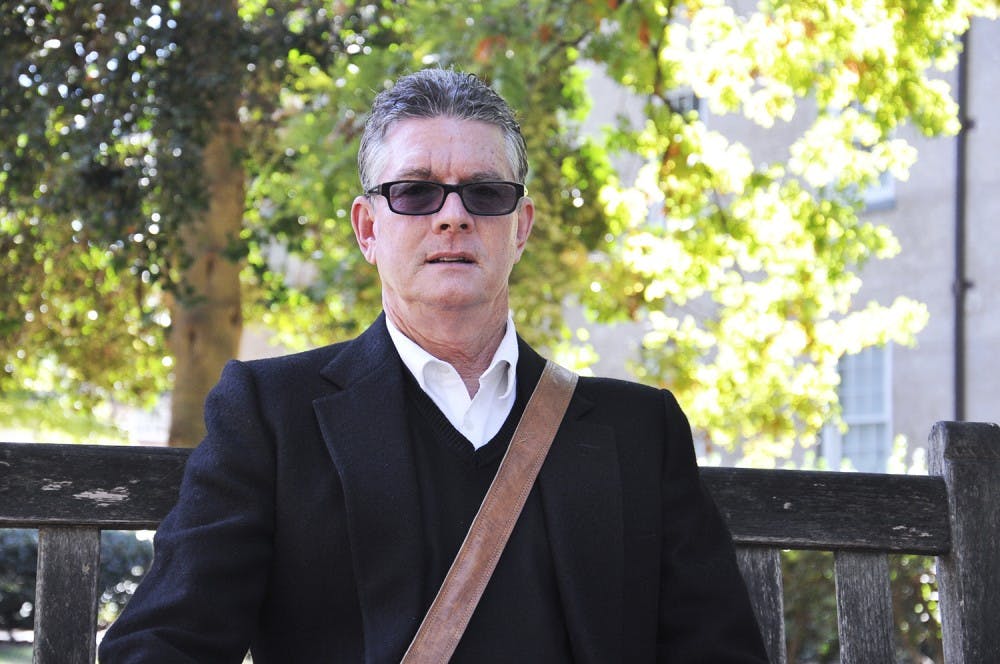“If the Ebola virus took root over there, Liberia could be the third lost colony,” Strader said. “Me going over there is just one person, but it’s personal to the people of North Carolina.”
Strader has worked at Lineberger for 10 years. A cancer survivor himself, Strader cared for UNC women’s basketball coach Sylvia Hatchell during her bout with cancer.
“It’s hard to even describe John because he’s one of a kind,” Hatchell said. “He’s a sincerely kind, loving, gentle human. He gives patients peace.”
Strader will work with local churches and mosques to reach out to the community rather than work in the medical clinics. He said if people can learn to provide supportive care without risking infection, rural communities could work to contain the virus.
“Before the people will really embrace you and let you treat them, they have to learn to trust you,” said Jill Humphries, a nurse who worked with Strader at Lineberger. “John is so good at that, so those people will embrace him quickly.”
Strader worked in end-of-life care and is deeply religious, which he said has given him the courage to aid others who are near death and the comfort to put his own life on the line.
“When I told my mother on the phone that night, I heard her take this big sigh,” Strader said. “And I said, ‘Now you always told me — if you’re worrying, you’re not trusting; if you’re not trusting, you don’t have faith; if you don’t have faith, you have nothing.’”
Strader’s last day at Lineberger is Oct. 31, a few weeks after his 61st birthday. He is still working out the logistics of his trip, but he plans to leave for Liberia by the end of this year.
He said if he were to contract the Ebola virus in Liberia, he would wait it out there rather than coming home.
“It’s only a veil through to the other side,” he said.
During the next two months, Strader will hand out miniature globe bouncy balls to remind people how small the world is.
To get the day's news and headlines in your inbox each morning, sign up for our email newsletters.
“The world is such a very small place. You’d like to know life will never end, but it’s like a book. You will have a final chapter.”
university@dailytarheel.com



